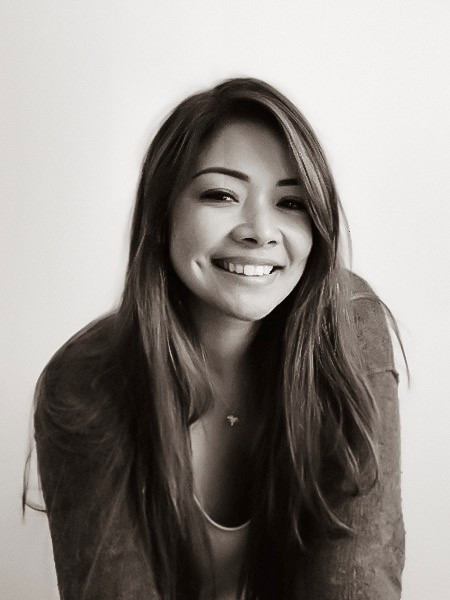Celebrating International Women's Day 2021 - Interview with Dr Xenia Doorenbosch
Neurosurgeon & NRF Board Member, Dr Xenia Doorenbosch shares her experiences and thoughts on being a neurosurgeon.

Dr Xenia Doorenbosch is a Consultant Neurosurgeon (Adult and Paediatrics) at the Women’s & Children’s Hospital and the Royal Adelaide Hospital. She is also an NRF Board Member. Here, she shares her thoughts and experiences to mark International Women's Day 2021.
Why did you decide on a career as a Neurosurgeon? What inspired this choice?
"I was not always sure that I wanted to study medicine and had diverse interests and ambitions during my high school education. In the end I decided to apply as I thought it would be challenging and rewarding to be able to help others. I had always known I did not want a sit-down office job and I have always enjoyed playing video games, so I really wanted a career where I could apply my manual dexterity skills and the idea of being a surgeon appealed to me even early on for those reasons.
"Neurosurgery was my first passion in medicine while studying. I was drawn to the complexity of the anatomy and the intricacy of the surgical interventions, as well as the rapid progress in techniques and utilisation of advancing technologies. When I finally did my elective rotation at the Royal Adelaide Hospital as a year 4 medical student, I became an instant neurosurgery groupie. I loved the diversity of the specialty – they operate in so many different parts of the body, not just the brain, and their day can be completely routine and mundane but then suddenly upended by an emergency lifesaving surgery where they suddenly change gears.
"I was also inspired greatly by the Neurosurgery consultants at the WCH, and particularly Dr Cindy Molloy. She was the first, and at that time the only female Neurosurgeon in South Australia. She served as a very visible role model paving the path for future female generations to become neurosurgeons. She did not do this by drawing attention to her gender in a male dominated field and how much she had to overcome in her career being female but by modelling competence and a solid professional identity. She proactively maintained an interest and commitment to guide the female junior doctors in their career paths and was always accessible for advice and encouragement. Her mentorship gave me the confidence and support to pursue a career in Neurosurgery. I hope I can pay it forward and provide support and mentorship to the next generation."
What is it about Neurosurgery that fascinates you and why?
"Neurosurgeons treat a large variety of conditions from improving quality of life to saving a life. Paediatric Neurosurgery fascinates me the most. I love the interplay between the developing brain that is so full of potential, and its incredible ability to recover. It still amazes me the extent of how a paediatric brain can recover and develop to function almost normally despite significant structural injury. And to top it all off, bearing witness to the incredible resilience of my little patients and their families gives me such inspiration and motivation every day. I am humbled to be a part of their journey and so privileged to see them grow up."
What is a day in your life like?
"Although there is a routine to my work and schedule, I still find every day is different. I work in three different hospitals and juggle my time between them, sometimes having to visit all three in one day. On average I work between 10-12 hours a day from Monday to Friday, plus Saturday mornings. Often, I have to find time outside of this to complete paperwork and emails.
"Generally, my days are split between operating, outpatient clinics, ward rounds and attending meetings. An important part of my role as a consultant is teaching and supporting training doctors. I am also on call on average two days a week, and you never know what to expect during that time. If I am required to attend to one of the hospitals urgently in the middle of my day (or night), it can cause some chaos to my tightly planned schedule, but fortunately that does not happen too frequently."
"I get to work alongside so many people, caring for such diverse patients presenting with such a variety of conditions and never knowing what might come in next. This keeps things fresh, and I find no two days are the same and my days often end differently to how I had planned."
What would you say now to a young person contemplating a medical career?
"I would whole heartedly say “Go for it”. Despite the long hours and personal sacrifices, I feel it is an extremely rewarding career. The basic medical degree is just a stepping-stone to many different career pathways. There are so many different areas you can specialise in, even if you do not want to be a clinician you can work in public health or medical administration for example.
"Medicine is also a very transportable career. You can work anywhere in the world. I personally have enjoyed being able to work overseas as a junior doctor for a number of years. Although not a primary reason for many people, it is also important to consider that there is good job security being a doctor."




